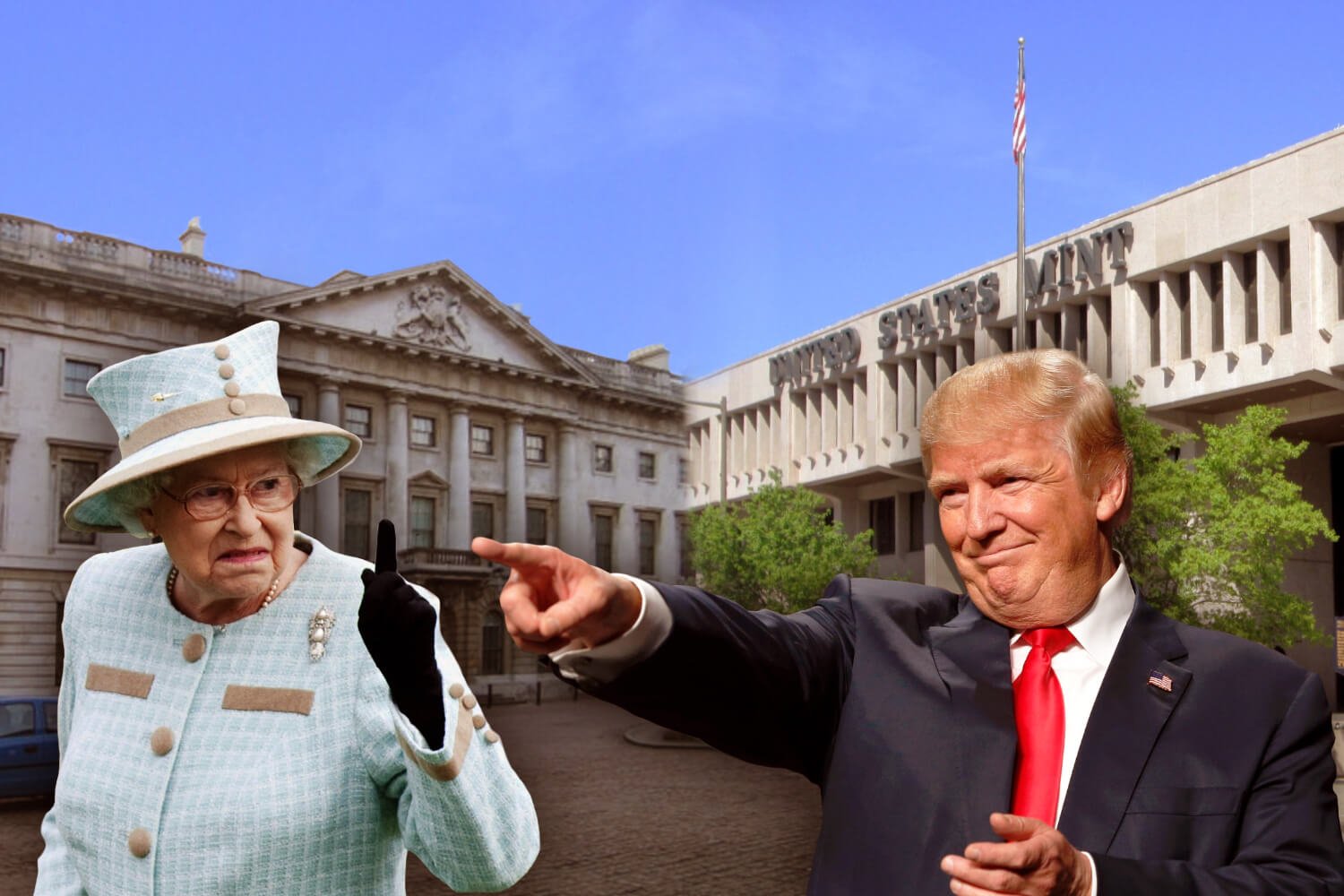The Crown Runs Away From Wonderland. TOON #11

Great Britain feels hurt by the digital market. Indeed, how many messages, articles, and opinions were there that the oldest jurisdiction in Europe cannot come up with any reasonable rules for controlling and developing the circulation of digital coins. And so it happened. Not the laws themselves, of course, saw the light of the day, but the ideas of legal regulation of this new segment of the economy, formulated in the report of the Government Cryptocurrency Commission. By the way, the representatives of the Treasury of Her Majesty, the Bank of England, and the Office of Financial Regulation and Supervision, well, all the creme de la crème of the British financial establishment, in general, are included in this advisory body. But the only thing that they were able to produce in a few months of work is the following: the ternary classification of virtual currencies, which is already known to the whole world, and the statement that today's crypto-tools technology is very promising, but not quite suitable for a civilized market, and you have to wait until tomorrow it, and perhaps the whole world, will become a little more perfect. In the meantime, you can think about banning some derivatives of exchange instruments, for example, crypto-derivatives.
But traditionally, English “to think” means “to do” for many states. Yes, British jurisdiction is a model for many countries that were part of the empire. And now Hong Kong has, in fact, limited the sale of digital derivatives and introduced strict control over the activities of crypto-exchanges and funds. Only God knows what else will be banned, confined, and regulated in the market and the Royal Commission on Cryptocurrencies knows a little. However, experience has proven that to give up on progress today means that it will give up on you tomorrow. And it will do it so that you will not clean yourself.
TOON by Maxim Smagin

Great Britain: why the national digital currency was cancelled or back-to-back sabotage of power and business
The Royal Mint of Great Britain officially froze the project to issue the national digital currency Royal Mint Gold. Previously, it was assumed that with the help of virtual assets financial authorities would be able to add additional liquidity to the state gold reserve stock. But everything ended joylessly: the English Treasury was let down by business partners, the network of American crypto-exchanges CME. At least, the treasurers declared this reason as official. But there are others.
They started speaking about the British stablecoin for the first time back in 2016. In the fall of 2017, the coin should have appeared on the market. However, neither in autumn nor in winter did the investors see it. Then the launch date was postponed to the beginning of 2018. And again, no news (read more)

BREXIT-effect: how the idea of sustainability is departing to the digital reality
The other day, 9 Japanese banks united in the clearing network Zengin-net started testing a DLT-platform for interbank payments both in fiat and in digital currencies. This is a small step for banking companies but a large leap for the global economy. The market is actively looking for a real replacement of the existing financial institutions, including the SWIFT interbank transaction system controlled by the USA; and, probably, in the coming years, the entire Bretton Woods system will face a serious audit, up to the total cancellation.
Experts have already called this trend “the BREXIT-effect”. This is exactly the case when the political model is almost entirely applicable to the macroeconomic situation. The withdrawal of Great Britain from the European Union generated not only a financial collapse but also tectonic changes in global politics and economy. It all began in 2008 (read more)

0.1% Value Is Enough For The Crown
Then, why is FCA so afraid of the penetration of digital trading tools in particular into the national market, for example, the same crypto-derivatives, while the traditional green light is on everywhere? The main claim of the royal officials to cryptocurrency derivatives is the following: this is a high-risk asset, because, unlike classical derivative financial instruments, there are no material assets behind it, for example, futures contracts or credit agreements. Although it is worth noting that classical derivatives have no real value. In fact, these are bets on any event that may or may not happen. Banks, for example, have often been faulted for turning Wall Street into the largest casino in the world.
Today, the volume of the world market of classical derivatives reaches $500 trillion, which exceeds the total GDP of the G20 countries ($64.377 trillion) by 7.8 times! At the same time, according to experts’ opinion, the real value of the assets in derivative securities does not exceed $50 billion. That is, there is only 0.1% of the value behind the entire market (read more)